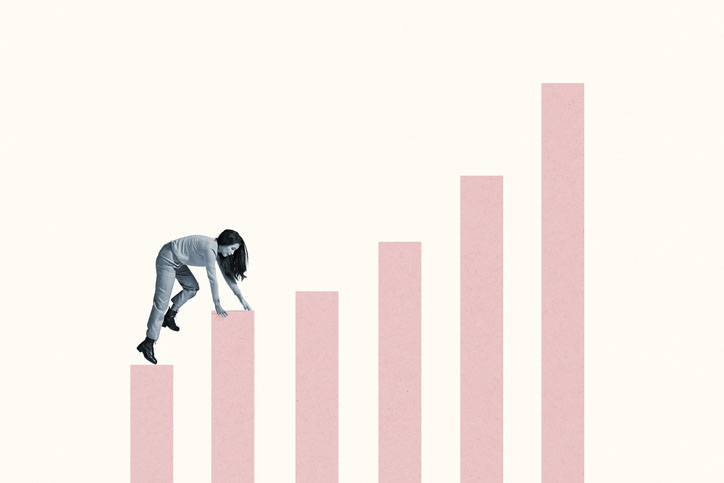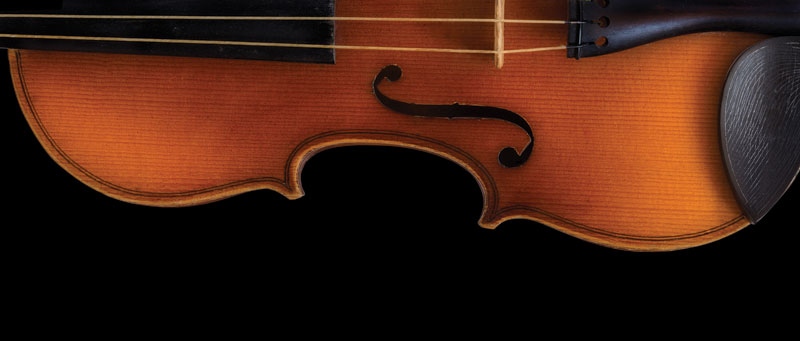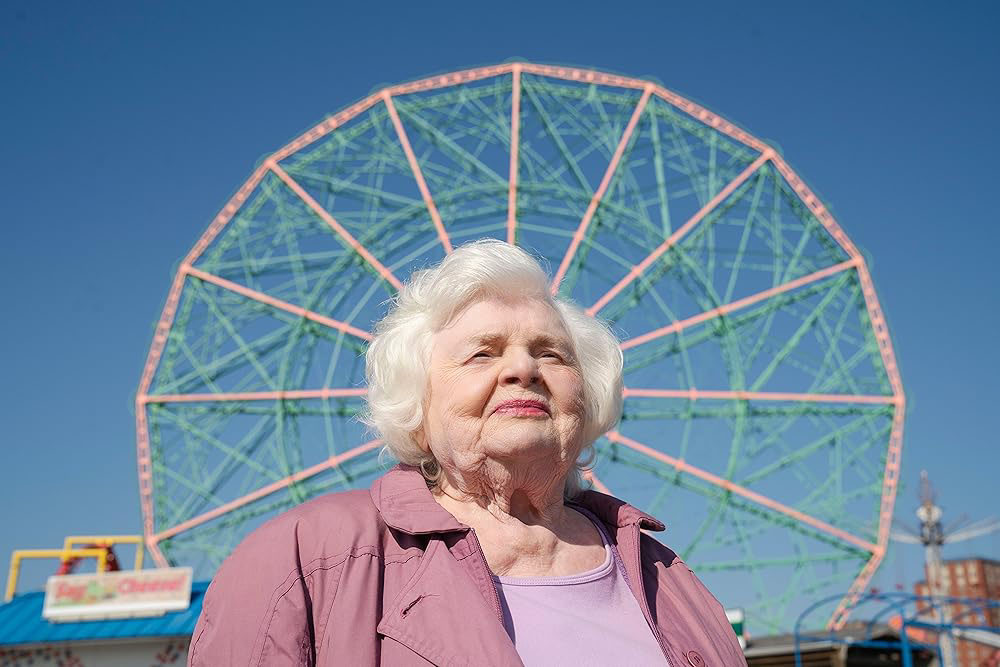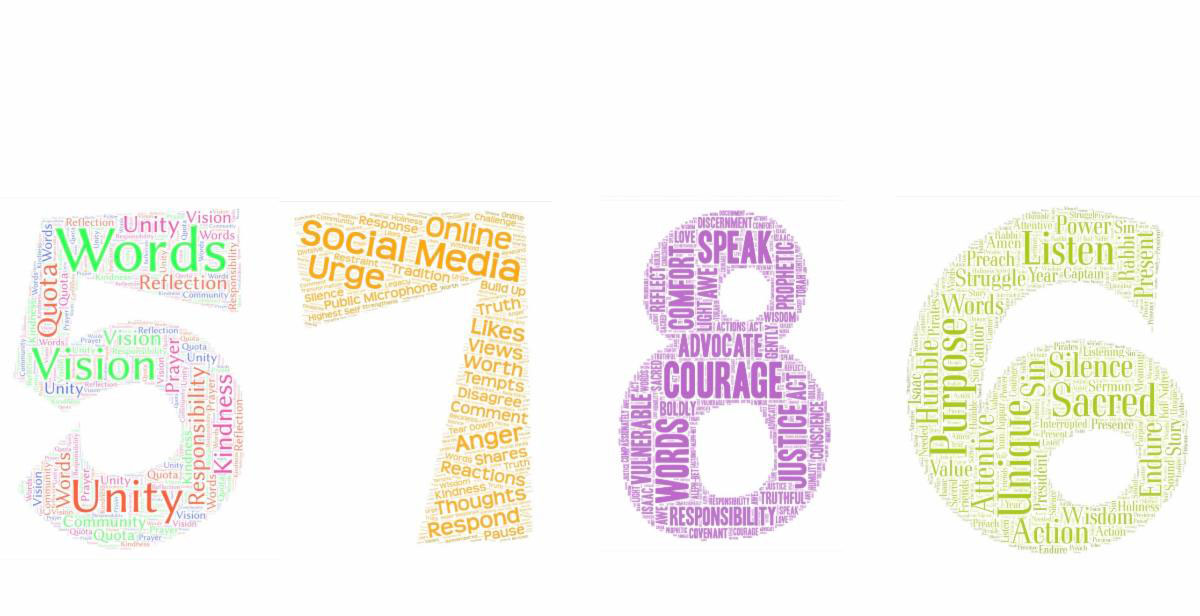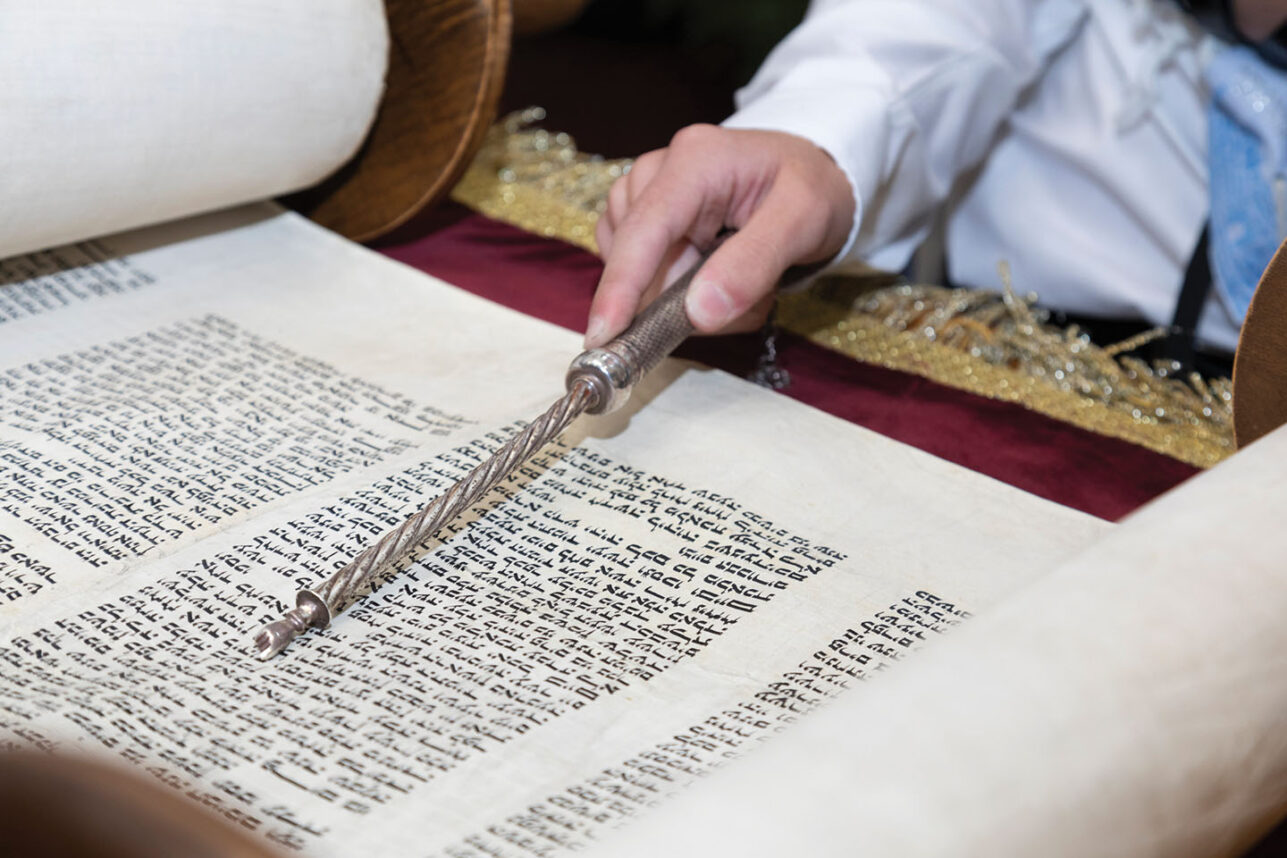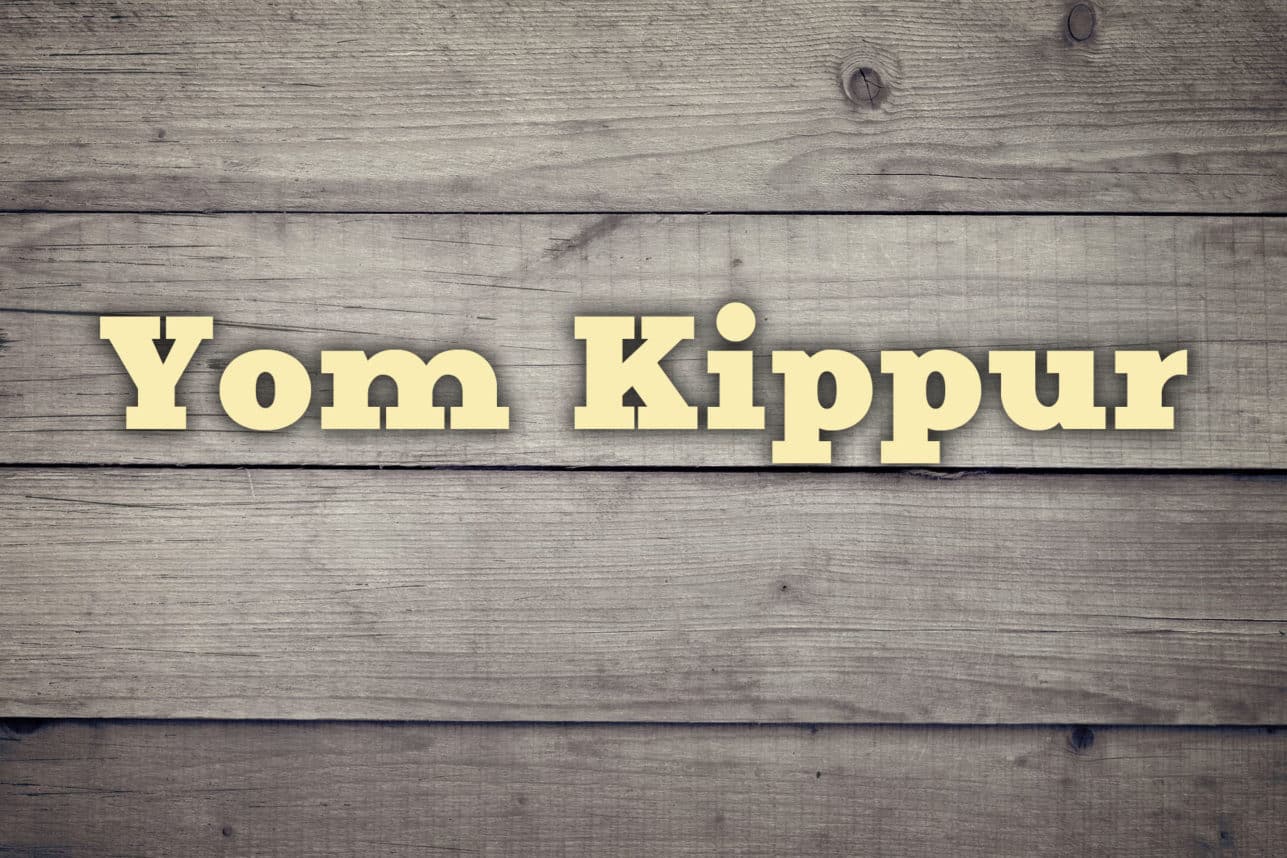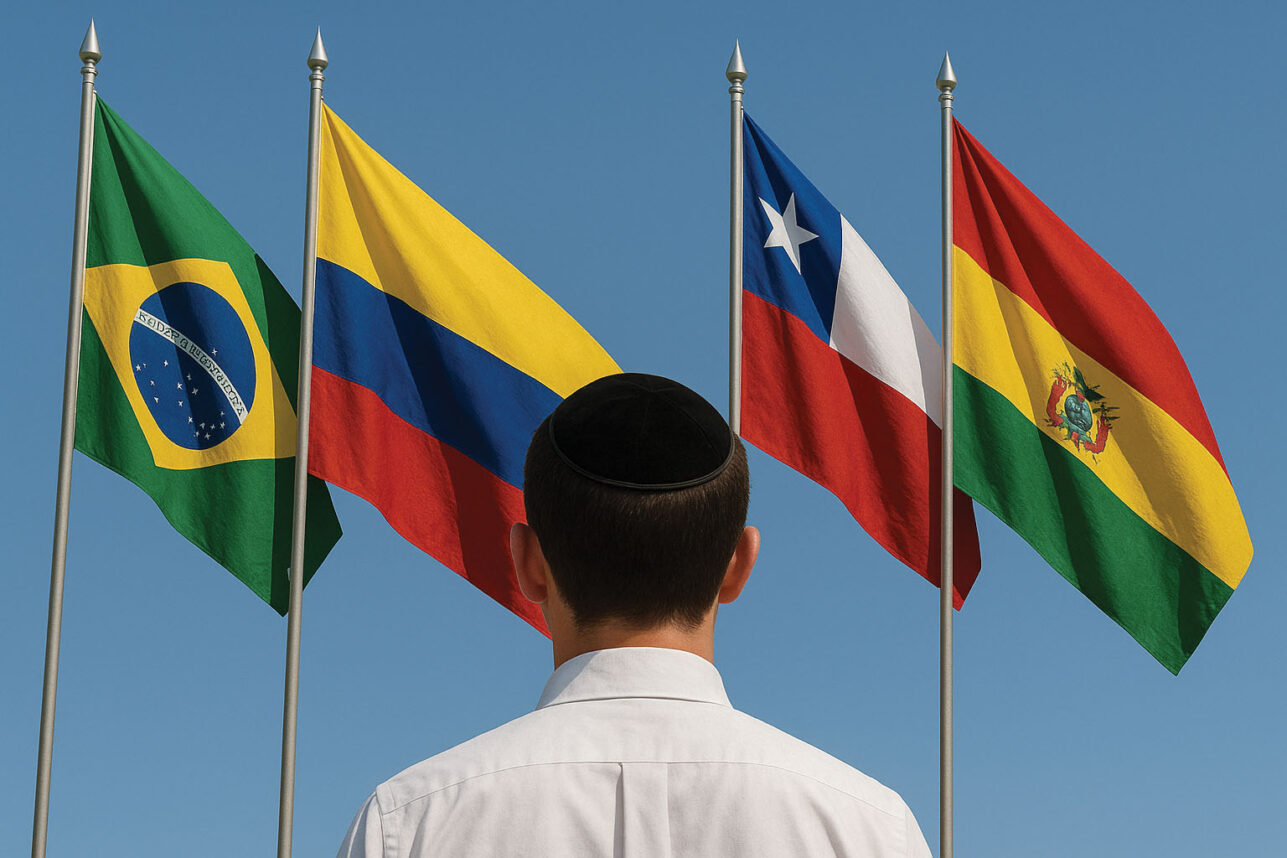Only a couple of weeks ago, we were all feeling the holiness of Yom Kippur. By the end of the day of fasting, beautiful music, insightful teachings and prayers that deepened our self-awareness, we were remembering the real priorities in life. We had committed — to ourselves and God — how we would act this coming year. This year, we would be more spiritual, religious, conscious, awake, righteous or whatever term we each personally used.
So what happened?
Let’s be honest: In only a few days, most of us have already started to go back to our old patterns. The self-reflective process of the High Holy Days has been overshadowed by the daily grind and the same habits that were present before the Days of Awe. But the Torah cycle gives us a key so we don’t remain locked in the patterns we committed to changing.
Bereshit (“in/from the beginning”), the first word of not only this week’s portion but of the entire Torah, has probably generated more commentaries throughout the ages than any other single word. But there is also a deep and simple reminder that the parasha gives us at this time of year through the relationship between the Torah reading and the calendar cycle.
Our calendar has brilliance in it. Just as we are starting to let go of the holy possibilities we each recognize during the Days of Awe and fall back into our old ways, we are reminded that everything can be made new. The Torah ends with the last verses of Deuteronomy, and now, just as we are starting to drift away from the focus on the spiritual and ethical commitments we made to ourselves on Yom Kippur, we are reminded that everything can begin again. Even though the Torah ends, she starts right back up with the teachings about Creation. Similarly, even though we may feel stuck in the patterns of our past, we are reminded that we, too, can change and create ourselves anew, filling the world with our own light. We can and need to go back to the beginning.
That’s really the key: to go back to our beginnings. Why did we originally choose to become the doctor, lawyer, rabbi, businessman? Why did our soul make the choices it did so long ago, and how far have we strayed from our path in this journey of life? I know so many rabbis who went into the clergy to help people, but out of necessity have become professional fundraisers; so many doctors who originally just wanted to heal people, but who have become shackled by their own financial success and rarely interact with patients anymore. It doesn’t matter the profession; we find it everywhere: the civil servant who no longer has time to help people because he must deal with political pressures, the teacher who has forgotten the joy of teaching and is waiting for her pension, the lawyer who no longer cares about pursuing justice; the list goes on and on. This parasha comes at this time to remind us that we can always go back to our beginnings and recommit ourselves to living in a way that is deep and reflective of the highest desires of our souls: the potential life that we became aware of during Yom Kippur.
We read in this portion, “It was evening, it was morning, one day” (Genesis 1:5). Midrash Rabbah Bereshit 3:8 tells us that “it was evening” are the deeds of the wicked, and “it was morning” are the deeds of the righteous. Rabbi Yechezkel Taub, the Kuzmir Rebbe (1755-1856) taught that the distance between a good person and an evil person is just one day. It’s only one day, he teaches, because deep down the bad person also wants to be good. Each day is a choice to embrace the good person we saw as our potential on Yom Kippur; or a day to choose that we don’t have the strength to be better, the will to be righteous.
This parasha reminds us of our choices. Do we choose to fall back into old ways or strive on this day to create the person we saw we can be? Can we remember our soul’s true path and tikkun? Can we create inside ourselves the behavior that we need to become the ethical, spiritual, righteous person that we seek to be?
May we all find ourselves re-created into the best versions of ourselves that we perceived during the Days of Awe, and all make today be the day that we choose to create holiness in our own lives.
Rabbi Michael Barclay is the spiritual leader of The New Shul of Conejo (newshul.net) and the author of “Sacred Relationships: Biblical Wisdom for Deepening Our Lives Together” (Liturgical Press, 2013). He can be reached at RabbiBarclay@aol.com.











